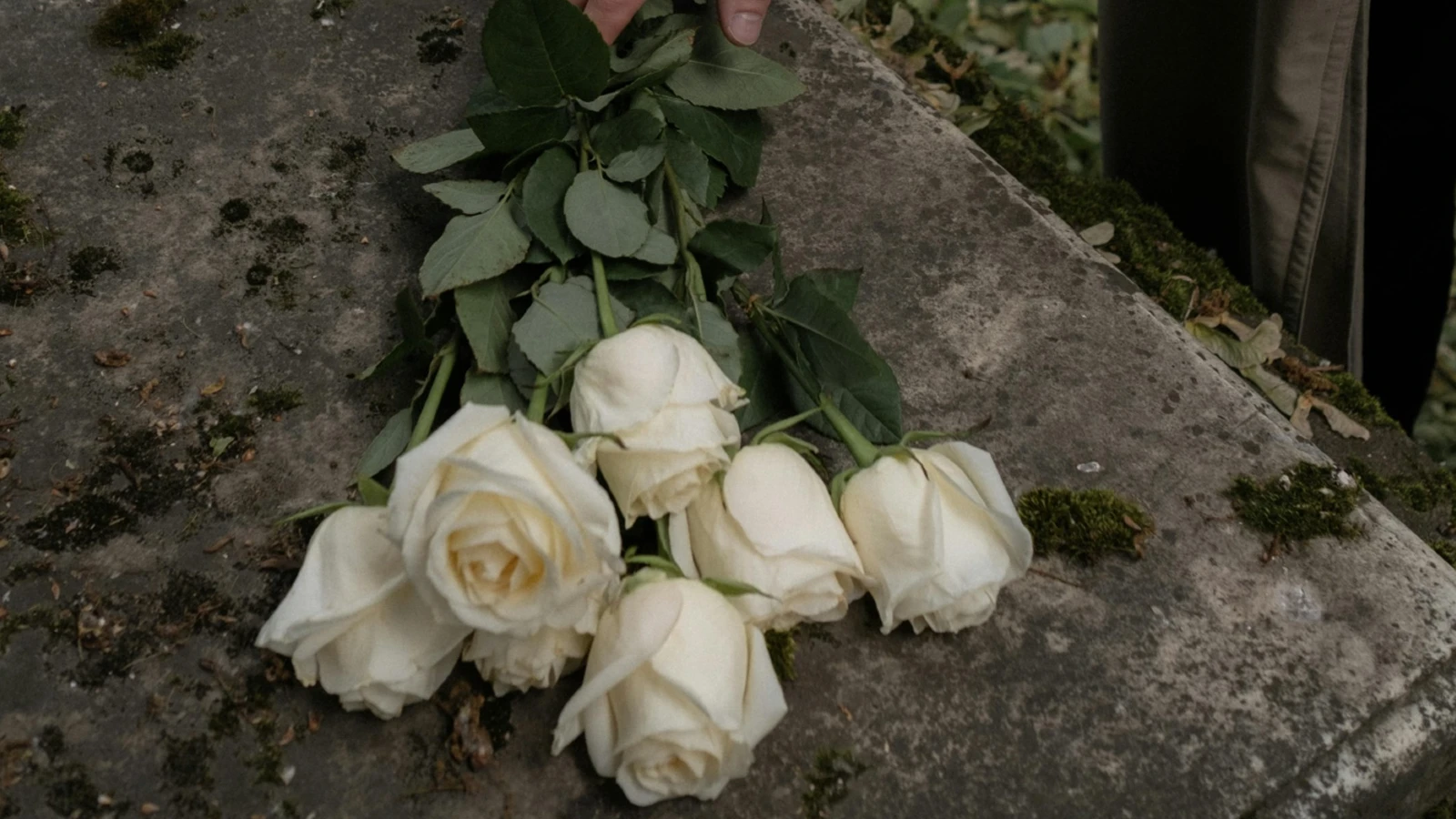I never understood the power of questions until life forced me to change the ones I was asking.
When my 19 year old fiancée Debbie’s parents died suddenly in a plane crash, my first reaction was pure anguish. “Why did God do this?” I screamed internally. This question haunted me, offering no peace, no path forward—just endless circles of anger and confusion.
It would take years before I realized something crucial: asking “why” was getting me nowhere.
The pivotal shift came gradually. Instead of demanding “Why is this happening to me?” I began asking “What is God preparing me for through this?” Rather than “Why did I fail?” I considered “What can I learn from this failure?”
This wasn’t just word games. It completely transformed how I experienced life’s challenges.
When my restaurant business collapsed, instead of drowning in “why me?” I asked what skills this experience was teaching me. When our church faced leadership crises, rather than questioning why God allowed such pain, I pondered what ministry might emerge from our collective healing.
The shift from “why” to “what” didn’t erase my pain or instantly solve problems. I still grieved losses. I still felt disappointment when things didn’t go as planned. But these new questions gave me a way forward when “why” had only offered dead ends.
Eventually, this perspective led my wife and me to establish Standing Stone Ministry, where we support pastors and ministry leaders through their own crises. Would I have discovered this calling without those painful experiences? Probably not.
As David, Job, and even Jesus demonstrate in Scripture, asking “why” is a natural human response. But I’ve learned it’s merely the beginning, not the destination.
If you’re stuck in a cycle of “why” questions today, try shifting to “what.” Not to bypass your pain, but to find purpose within it. What might you learn? What strength might you develop? What opportunity might be hidden within this challenge?
The quality of our questions shapes the quality of our lives. I’m living proof that when we change the questions, we change our story.
